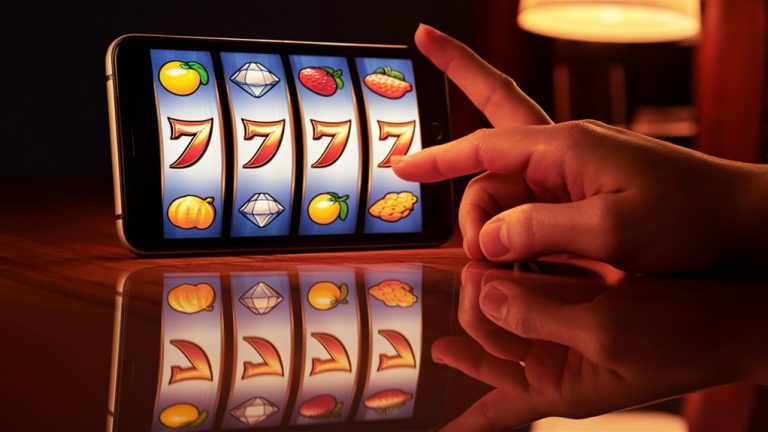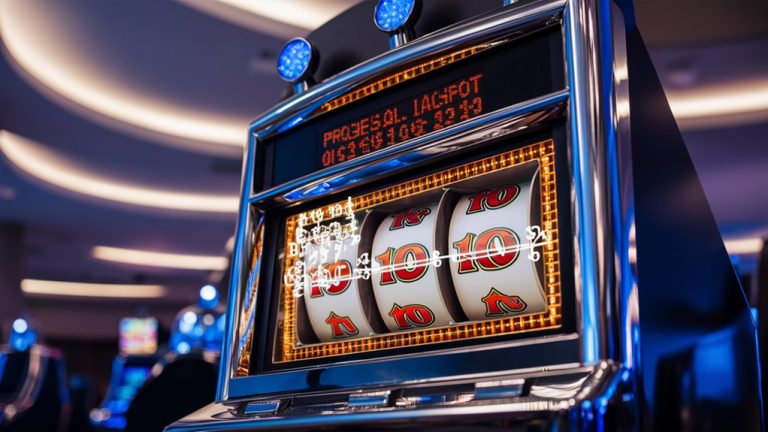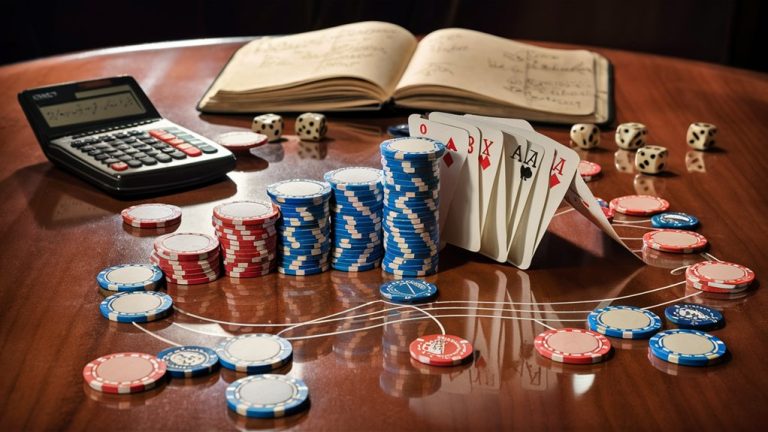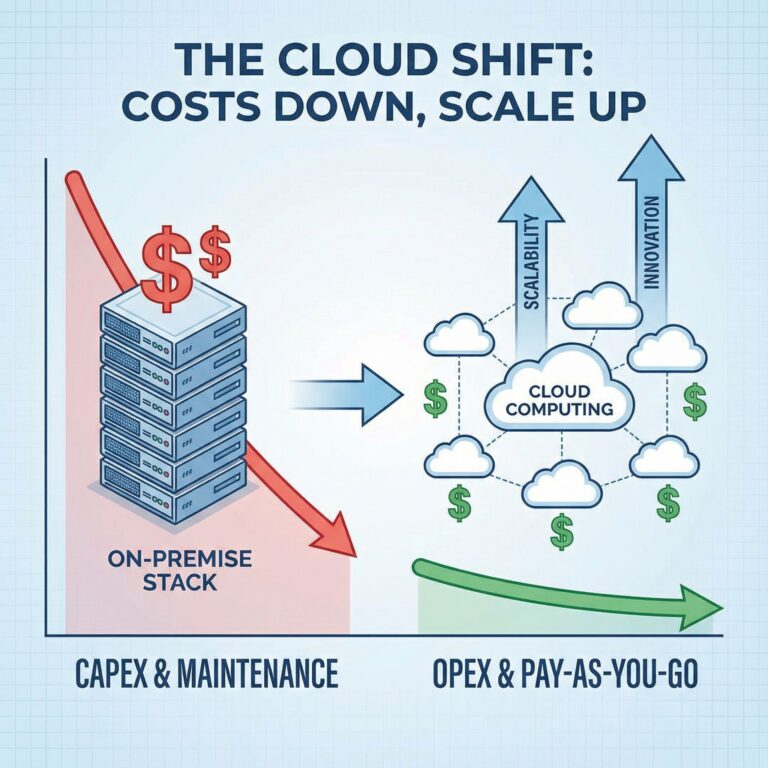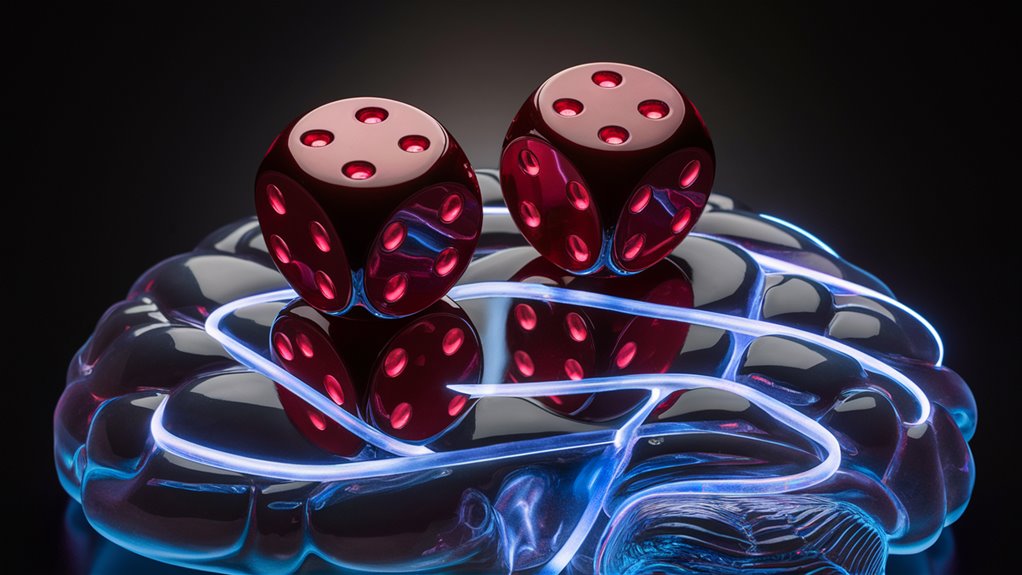
How Gambling Makes the Brain Love Stuff More
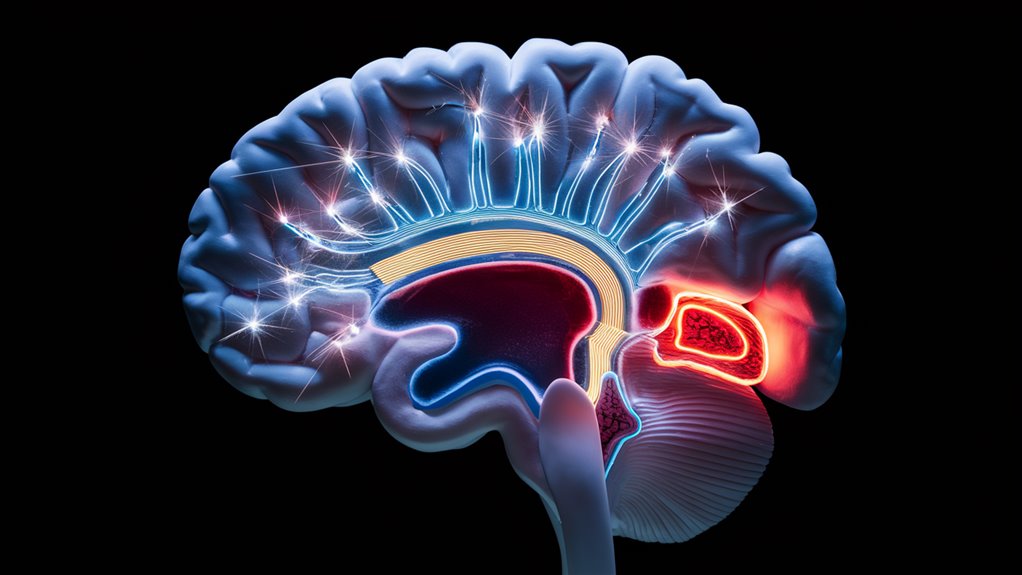
Gambling and brain joy paths join can really change how the brain feels, with big boosts of dopamine. In the brain’s love spot, the nucleus accumbens and ventral tegmental area give out loads of dopamine (up to 10 times more) than what other fun stuff does.
What the Brain Does
Almost wins in gambling light up parts of the brain just like true wins, making huge waves of dopamine. This brain action makes gambling fun using the brain’s learning spots, and makes someone want to keep gambling more as time passes. Behind the Scenes at a Vegas Poker Tournament
Changes in the Brain Over Time
Too much gambling makes you need more risks to feel good, due to big shifts in receptor counts. The prefrontal cortex, which helps us make choices and plan, works worse. Also, memory trails shift a lot, too.
Dopamine and Making Choices
The brain’s stress answer changes when you gamble a lot. These deep brain shifts push you to crave stuff even when it’s a bad idea, showing why gambling becomes highly addicting and can mess up how the brain usually feels joy.
The Brain’s Regular Love Zone
Understanding the Brain’s Usual Love Spot
The Key Parts for Brain Reward Handling
How the brain enjoys things is mostly in the nucleus accumbens, a key place for releasing dopamine when stuff feels good.
Being part of natural fun things like eating, running, or hitting goals, sparks the mesolimbic pathway, letting dopamine flow and making these actions stick.
The How and Why of Reward Parts
This cool reward loop grew to help us survive, making us repeat key actions.
The ventral tegmental area (VTA) sends dopamine to the nucleus accumbens, while the prefrontal cortex thinks through experiences and helps choose what to do next, mixing our actions and joyful feelings.
Brain Actions on Rewards
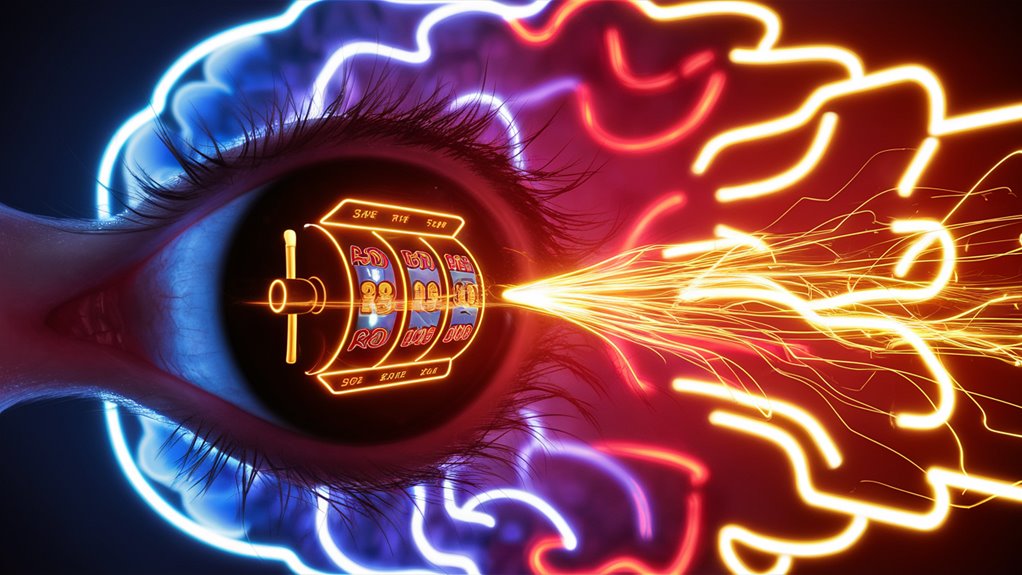
The reward system senses both new and coming rewards hard, with dopamine levels rising as we think of rewards.
The amygdala and hippocampus play big roles in keeping those joy memories and clues that steer what we do. This play of brain areas helps keep and grow moves that aid us.
Dopamine’s Role in Gambling
Know Dopamine’s Job in Gambling
Brain Studies on Gambling and Dopamine
How the brain handles dopamine gets really changed by gambling with on and off rewards.
Studies show dopamine comes out not just when winning but also during near-wins and waiting for rewards. This brain action leads to strong effects in both fun and tough gambling habits.
Dopamine Surges and Rewards
Dopamine levels rise high during gambling, really in quick games like slot machines.
The brain’s dopamine links get used to gambling signs, making you want to play more.
Big point, near-win moments release more dopamine than true wins, explaining why gambling sticks even with many losses. 온카스터디 먹튀검증소 확인
Usual vs. Gambling Dopamine
The dopamine system behaves different to gambling than basic fun things.
While activities like eating or running lift dopamine a bit, gambling can push dopamine up much higher. This huge brain action can lead to habit-like moves and major changes in how the brain handles joy.
Main Points in Dopamine and Gambling
- On and off rewards
- Waiting for hits
- Getting used to reward trails
- Brain Adapting to gambling cues
- Huge dopamine on near-wins
